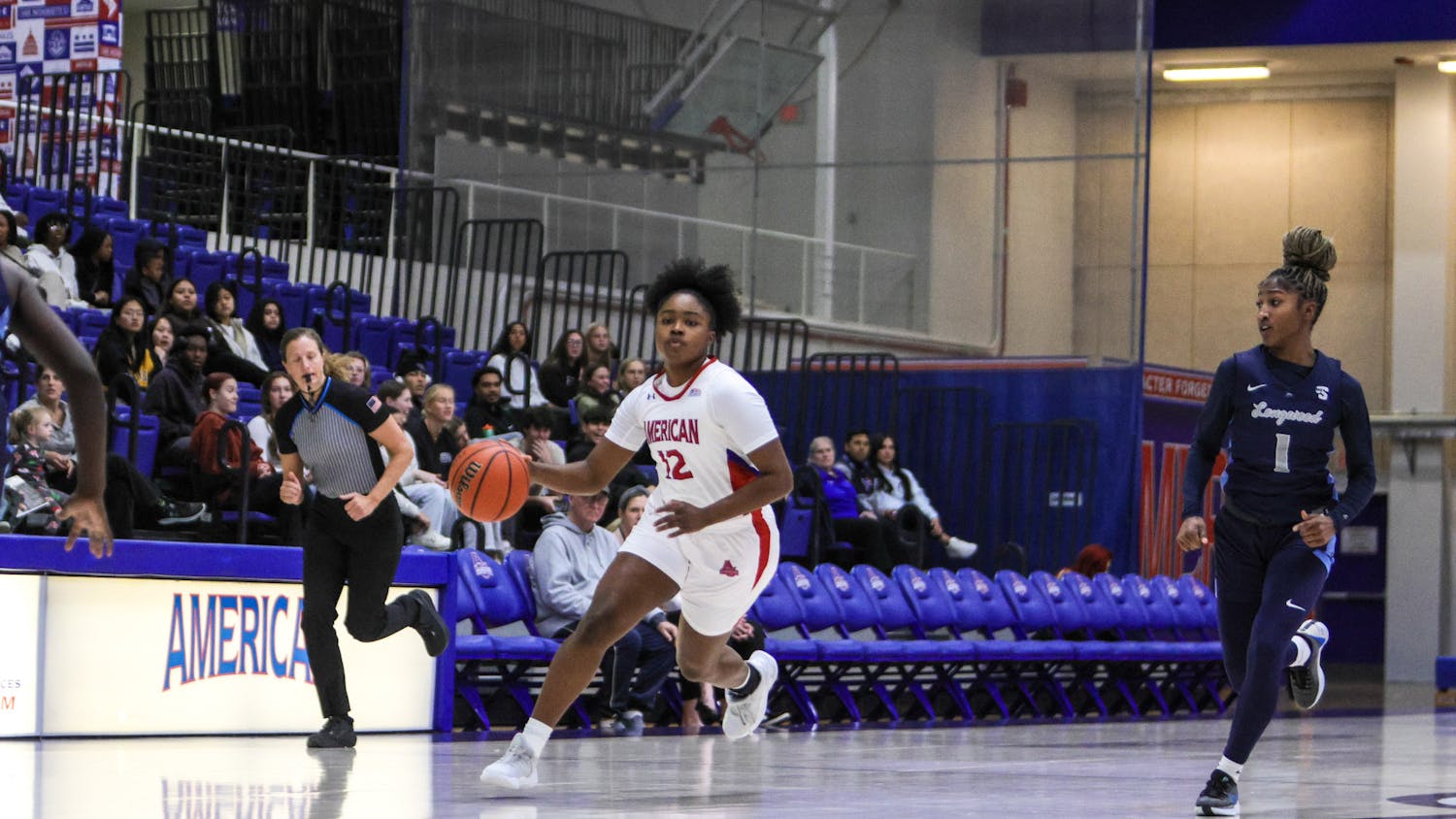The following piece is an opinion and does not reflect the views of The Eagle and its staff. All opinions are edited for grammar, style and argument structure and fact-checked, but the opinions are the writer’s own.
In high school, I had accommodations that made learning accessible, and I saw a helpful campus counselor. When I came to American University, I assumed I would have the same access to resources. Before enrolling at AU, I researched the Academic Support and Access Center (ASAC) and the Center for Well-Being Programs and Psychological Services. Although I was pleased with how they presented themselves online, my student experience was very different.
I began applying for accommodations my freshman year. I found the process strenuous and emotionally difficult, as it included a detailed survey and extensive documentation. I asked to meet with an office member to walk me through the process, but ASAC refused. I had to wait until winter break to see my therapist back home. Once I submitted the documentation, ASAC told me it wasn’t personal enough, despite being provided by my therapist of years. ASAC then requested that I pursue expensive neurological testing that would take months to complete, even though I already had an ADHD diagnosis and prior accommodations in high school. I decided to just try to get through my freshman year without accommodations.
In my sophomore year, I tried to file for accommodations again with documentation from a different provider. This time I included all my mental health diagnoses, though I didn’t feel these affected my academics. Again, my request was denied with little explanation or guidance.
A second year without accommodations worsened my mental health, leading me to use the free counseling center on campus. Throughout the session, the counselor constantly interrupted me to consult a supervisor on appropriate topics of discussion. I found this inconsiderate, as I even asked the counselor what topics we could discuss at the beginning of the session. Eventually, the counseling center told me I couldn’t continue sessions because of “liability,” citing issues the center doesn’t handle, like substance abuse, eating disorders, self-harm, suicidality, personality disorders and “fringe” conditions like schizophrenia. The counselor referred me to off-campus therapists, but none accepted my insurance, and I wasn’t offered further help from AU. My family had to pay for an out-of-network psychologist at $215 per session because the counseling center wouldn’t support me. Many students cannot afford this fee, and I’m glad I didn’t have a worse fate while in a state of crisis.
On the counseling center website, "Drug and alcohol use," "Eating and body image," "Self-harm behaviors" and "Depression, hopelessness and suicidal thoughts” are all listed as issues they assist with. Although I am not sure if this is new, I was denied help for the same issues. College students, or young adults, commonly face these issues, and excluding them from aid creates a stigma that endangers struggling students.
Eventually, after more meetings and rejected accommodation requests, ASAC accepted my third attempt at submitting documentation, filled out by my new psychologist halfway through my sophomore year. I had suffered academically and emotionally for a year and a half, and while I didn’t get half of the accommodations my provider thought were appropriate, I was relieved to no longer have my diagnosis doubted. Although some of my accommodation requests were eventually accepted, ASAC continues to display a lack of care for students. Recently, the process of requesting to take a test in ASAC was changed with little notification or instruction to students.
The goal of this piece isn’t to bash ASAC or the counseling center but to highlight systemic issues. In fact, I’ve had positive encounters with some staff and a coping skills therapy group, though I worried I’d be removed for the reasons cited earlier. The counseling center and ASAC have a reputation for incompetence and inaccessibility, and these aren’t just rumors. I know many students who have been denied accommodations, had their disabilities scrutinized or found the process too difficult to continue. Students have been denied care by the counseling center, causing further distress. At AU, students seeking accommodations are seen as trying to bend the rules when, really, they are struggling. The result of this is an environment in which students don’t trust their school.
As a psychology student and a crisis counselor of two years, I have some suggestions for ASAC. To improve, ASAC should provide appointments to help students understand forms and offer support in completing them. Requirements for accommodations, like for the math placement test, should be shared early. Requests for extensive documentation should also be less invasive, especially because students may lack requested resources. Students shouldn’t be required to call on the phone to make appointments, as anxiety and hearing difficulties can make this impossible.
At the counseling center, all students should have access to care, regardless of the problems they’re facing. If a student needs outside support, counselors should provide assistance until they are connected with the support they need. I find the session limit to be arbitrary. Increased staffing and availability are also critical, as the center’s delays can mean the difference between safety and danger.
At a well-funded private institution, these issues are solvable. Implementing these measures would make AU inclusive for neurodiverse students and those with mental health challenges.
Elliot Zeman is a senior in the College of Arts and Sciences.
This article was edited by Alana Parker, Rebeca Samano Arellano and Abigail Turner. Copy editing done by Luna Jinks, Ella Rousseau and Nicole Kariuki.





